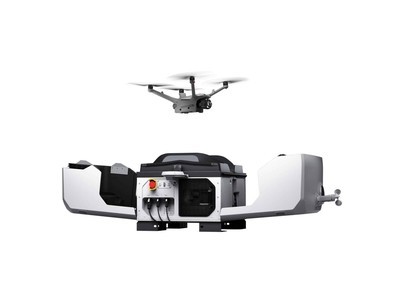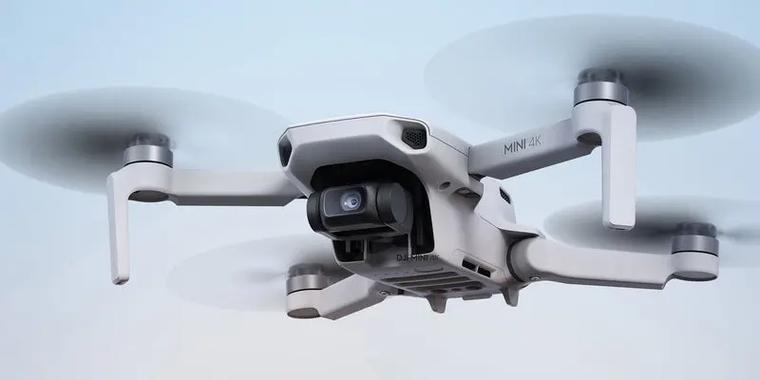As the demand for drone technology continues to soar in both recreational and professional arenas, mastering the skies through comprehensive drone training has become paramount. This article will delve into innovative techniques and emphasize the importance of structured training for aspiring drone pilots. Understanding the essentials of drone operation is not just about powering up the device and taking to the skies; it involves a deep comprehension of aerodynamics, navigation, regulations, and safety protocols. Let’s explore how effective training can enhance these aspects.
The Importance of Drone Training
A structured drone training program is crucial for several reasons. Firstly, it ensures that pilots are aware of the legal frameworks governing drone usage in various jurisdictions. This knowledge helps prevent legal infractions, ensuring safe and lawful operation. Additionally, comprehensive training includes risk management strategies that are indispensable in mitigating potential hazards both to the drone and to others.
Innovative Training Techniques
The world of drone training is constantly evolving. Interactive simulators have become a staple, allowing pilots to experience a variety of scenarios without the risk of damaging the actual equipment. These simulators replicate environmental conditions, helping pilots acclimate to different atmospheric challenges.
- VR Integration: Virtual Reality (VR) is being increasingly incorporated into training programs, offering immersive experiences that closely mimic real-world conditions. This is particularly useful for emergency response training.
- Hands-on Practice: While simulators are effective, real-world practice under the supervision of seasoned instructors bridges the gap between theory and practical application. This ensures a well-rounded understanding of drone controls and camera maneuvering.
- Online Courses: Online platforms offer courses that are both comprehensive and flexible, catering to the schedules of busy individuals while providing valuable insights from experts in the field.

Legal and Ethical Considerations

An often overlooked aspect of drone training is the emphasis on legal and ethical considerations. Operators must stay abreast of constantly changing laws to ensure compliance. Training programs typically cover privacy issues, no-fly zones, and the implications of drone accidents. Such knowledge is essential for protecting one’s interests and respecting the rights of others. Penny’s study in “Unmanned Aerial Systems Compliance” states that “continuous education and awareness are crucial in the dynamic legal landscape of drone use.”
The Role of Mentorship
Mentorship plays a pivotal role in drone training. New operators benefit from the experience of seasoned pilots who can offer insights into complex flying techniques and advanced maneuvers. This is particularly helpful in professional settings where precision and expertise are non-negotiable.
Conclusion
Engaging in a comprehensive drone training program equips operators with the skills necessary to navigate the skies safely and legally. From mastering advanced maneuvers to understanding the legal constraints, effective training is the linchpin of successful drone operation. As technologies evolve, so too must training methodologies, ensuring that pilots are always at the forefront of innovation.
FAQs
Q1: Why is drone training essential?
A structured program helps ensure safe, compliant, and effective drone operation by teaching legal, technical, and ethical aspects of piloting.
Q2: What does a typical drone training course cover?
Courses generally cover topics such as aerodynamics, navigation, drone laws, safety protocols, and both simulated and real-world flying practice.
Q3: Can I learn to fly a drone online?
Yes, there are numerous online courses available that cater to various skill levels and provide interactive learning experiences.